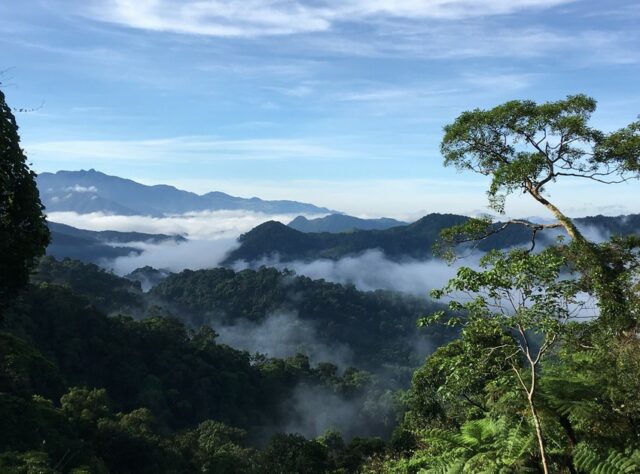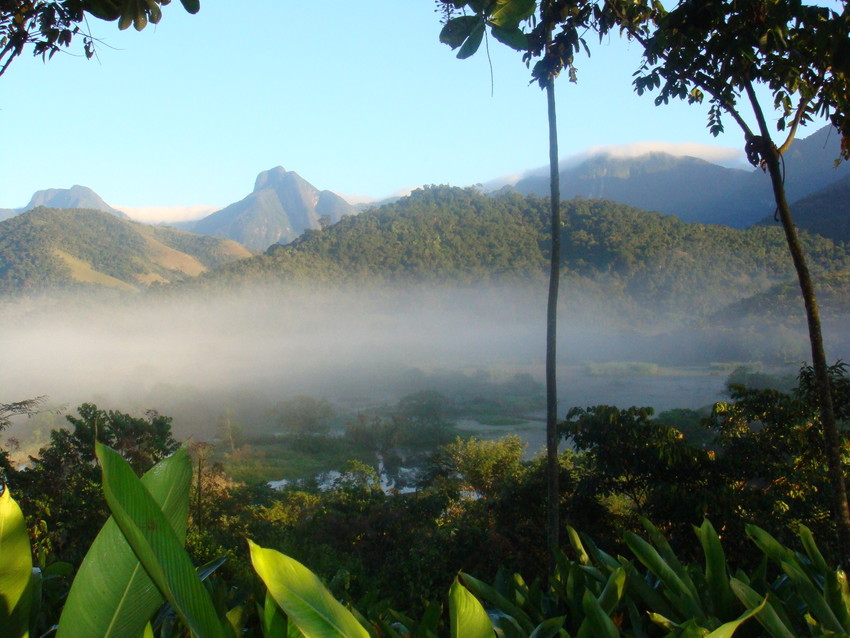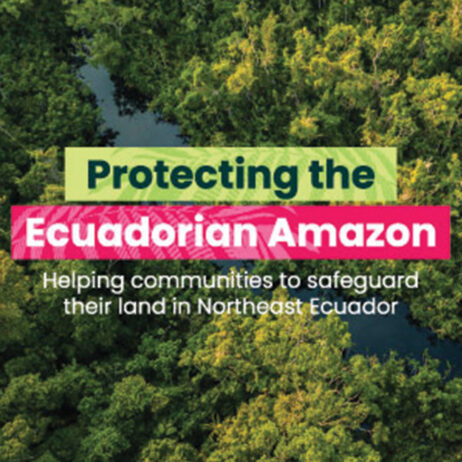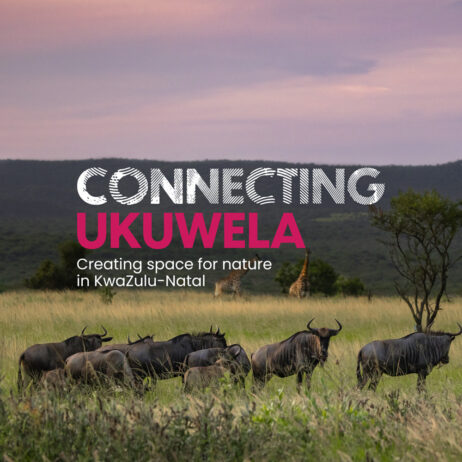
As the news continues to be dominated by the Covid-19 crisis, CEO Catherine Barnard reflects on the conversations about conservation that have arisen from the pandemic.
Current thinking is that Covid-19, a strain of Coronavirus, originated in a live animal market, where meat consumed by a human had been infected by a bat carrying the virus. Previously, other bat coronaviruses have similarly transmitted to humans, so it is logical to assume the same in this case. Although it will probably be impossible to pinpoint the source accurately, it is strongly suspected that it came via pangolin, the world’s most trafficked mammal, which has previously shown similar susceptibilities to coronaviruses. However, this is not the whole story. Why this happened, and how it came to pass that humans are now in the grips of this horrifying pandemic, is a far more nuanced conversation about the very human role in the degradation of nature.
Understanding the importance of the relationship between human wellbeing, all living things, and entire ecosystems.
In the simplest of terms, this damage to nature has helped the virus to jump to humans, just like SARS, and Ebola before it. Human disruption of forests has placed us into closer contact with animal species than ever before – and outside the expected norms of these ecosystems. Deforestation often occurs in remote places, but as soon as it begins, biodiversity quickly experiences new stresses which can disrupt the normal patterns for many species. At the same time, humans take up spaces where they should perhaps not be, which helps create a melting pot for viruses to jump between species that previously never interacted. While demand for resources and space has increased, the damage to the boundaries previously in place between us and nature quickly deteriorate; by taking away such a significant part of the ecosystem, it is of little wonder that both biodiversity and humans suffer.
It’s more important than ever to protect nature.
As we break these long-standing boundaries, we are inevitably placing ourselves at greater risk. In degraded landscapes, surviving species are more exposed, and in turn, we are more exposed to them. The only way to break this cycle is to ensure that we are doing everything we can to protect nature, as it should be, where it should be. From preventing deforestation to educating communities on the risks of the bushmeat trade (and subsequently implementing sustainable farming in these areas to replace bushmeat), there is ongoing work that must be addressed if we are to prevent similar pandemics in the near future. We cannot expect to be able to destroy the natural world without it affecting us – we are nature too.
This protection of nature may sometimes seem an abstract concept, and human needs are only increasing, which makes it challenging to create a united effort. However, in the wake of the Covid-19 pandemic, we must recognise that altering ecosystems is the very thing that has exposed us to the virus. It is a collective, international responsibility to safeguard the vulnerable habitats that remain. Nature must be protected for nature’s sake. And we must recognise that nature includes humans. But this is not only a human story, where a virus has infected our species with devastating consequences. It is a much broader narrative, and if we are looking for a happy ending, it must include all life on Earth. We must safeguard existing habitats and their ecosystems, and restore and reconnect habitats by planting trees, to enable species to remain where they should be, without unnecessary human contact creating conflicts in nature.
It is a time to work together, not just with our friends and neighbours, but with a world that has so brilliantly evolved to work in harmony. At times like this, relationships are more important than ever. So let’s ensure that we value and protect the relationship that matters most by taking care of the planet we call home.

Atlantic Forest, REGUA, Brazil ©Jessica Stewart


